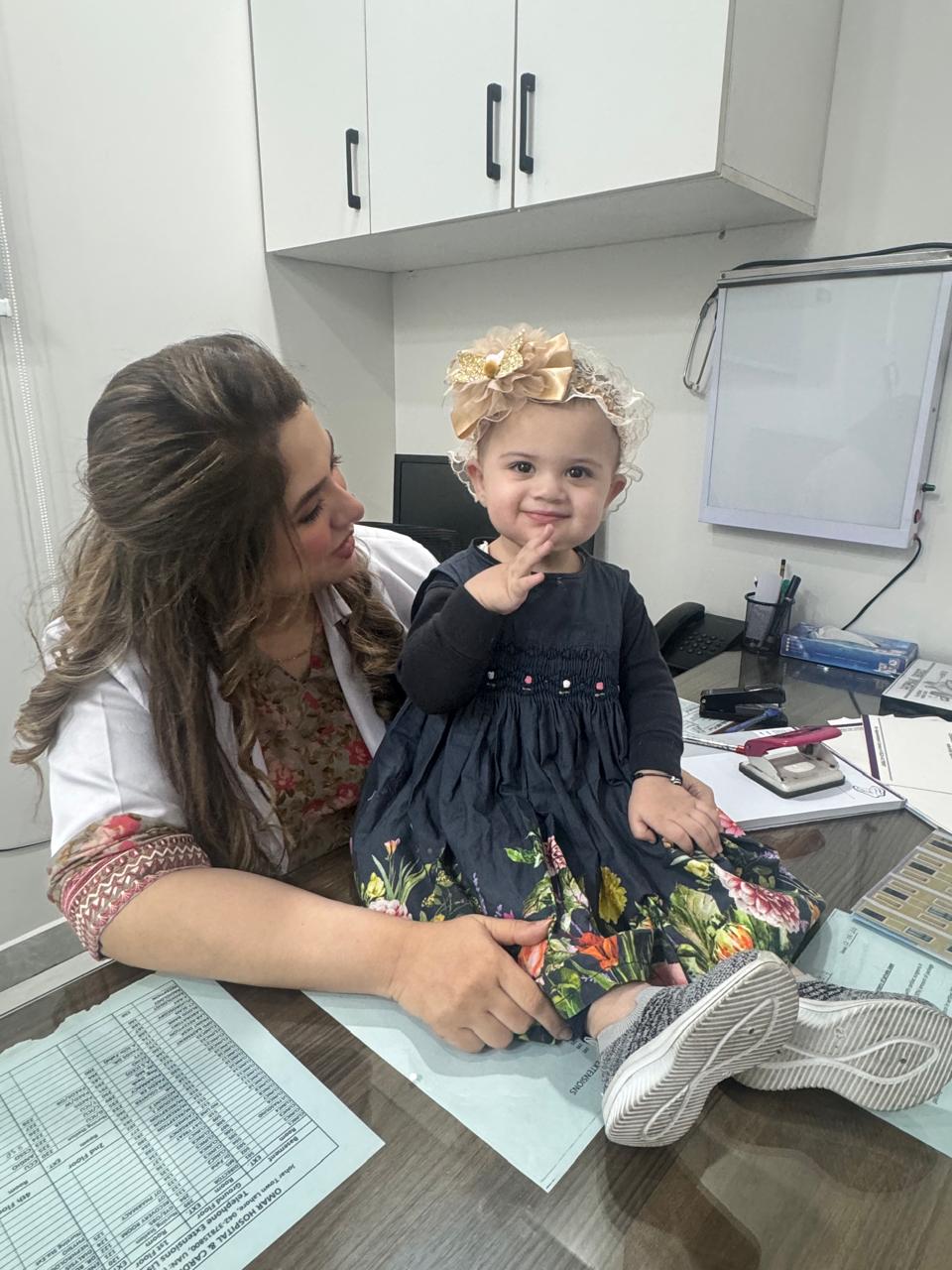🩸 Menstrual Problems: Causes, Types, and When to See a Doctor
Menstrual health is a critical part of a woman’s overall well-being. However, many women face menstrual problems that affect their physical, emotional, and social lives. From irregular cycles to painful periods, these issues are common—but manageable with proper diagnosis and treatment.
At[Omar Hospital Lahore], we provide compassionate care and effective solutions for all types of menstrual disorders.
🔍 What Are Menstrual Problems?
Menstrual problems refer to any abnormality in a woman’s monthly cycle, including timing, flow, duration, or symptoms. These issues can signal hormonal imbalances, reproductive disorders, or underlying medical conditions.
⚠️ Common Types of Menstrual Problems
🔹 1. Dysmenorrhea (Painful Periods)
Severe cramps and pelvic pain before or during menstruation.
🔹 2. Menorrhagia (Heavy Bleeding)
Excessive blood loss lasting more than 7 days or soaking through pads frequently.
🔹 3. Oligomenorrhea (Infrequent Periods)
Periods that occur less frequently than every 35 days.
🔹 4. Amenorrhea (Absence of Periods)
No periods for three or more months without pregnancy or menopause.
🔹 5. Irregular Periods
Unpredictable cycle lengths or bleeding between periods.
📷 Suggested image: Calendar with irregular period dates marked
Alt text: “Irregular menstrual cycle marked on calendar with red dots”
🧬 What Causes Menstrual Problems?
Several factors can contribute to menstrual irregularities, including:
- Hormonal imbalances (estrogen/progesterone)
- Polycystic Ovary Syndrome (PCOS)
- Thyroid disorders
- Stress and lifestyle factors
- Uterine fibroids or endometriosis
- Birth control use
- Extreme weight loss or gain
🩺 How Are Menstrual Problems Diagnosed?
At [Your Clinic Name], our specialists may perform:
- Medical history evaluation
- Physical and pelvic examination
- Blood tests (hormonal levels, thyroid function)
- Ultrasound to check uterus and ovaries
- Endometrial biopsy (if needed)
💊 Treatment Options
Treatment depends on the cause and may include:
- Hormonal therapy (birth control pills, hormone replacement)
- Pain relief medications (NSAIDs)
- Iron supplements (for anemia from heavy bleeding)
- Surgical options (fibroid removal, endometrial ablation)
- Lifestyle changes (diet, exercise, stress management)
Personalized care is key—every woman’s body is different.
🧠 When Should You See a Doctor?
Visit a gynecologist if you experience:
- Very heavy or prolonged bleeding
- Severe pain or cramps
- Missed periods for 3 months or more
- Bleeding between periods or after sex
- Sudden changes in your cycle
👩⚕️ We’re Here to Help
At [Omar Hospital Lahore], we specialize in diagnosing and treating all kinds of menstrual disorders with care and discretion. Whether you’re a teen just starting your periods or an adult experiencing new symptoms, we’re here to support your journey to better health.
📞 Book your consultation today and take the first step toward balanced menstrual wellness.
